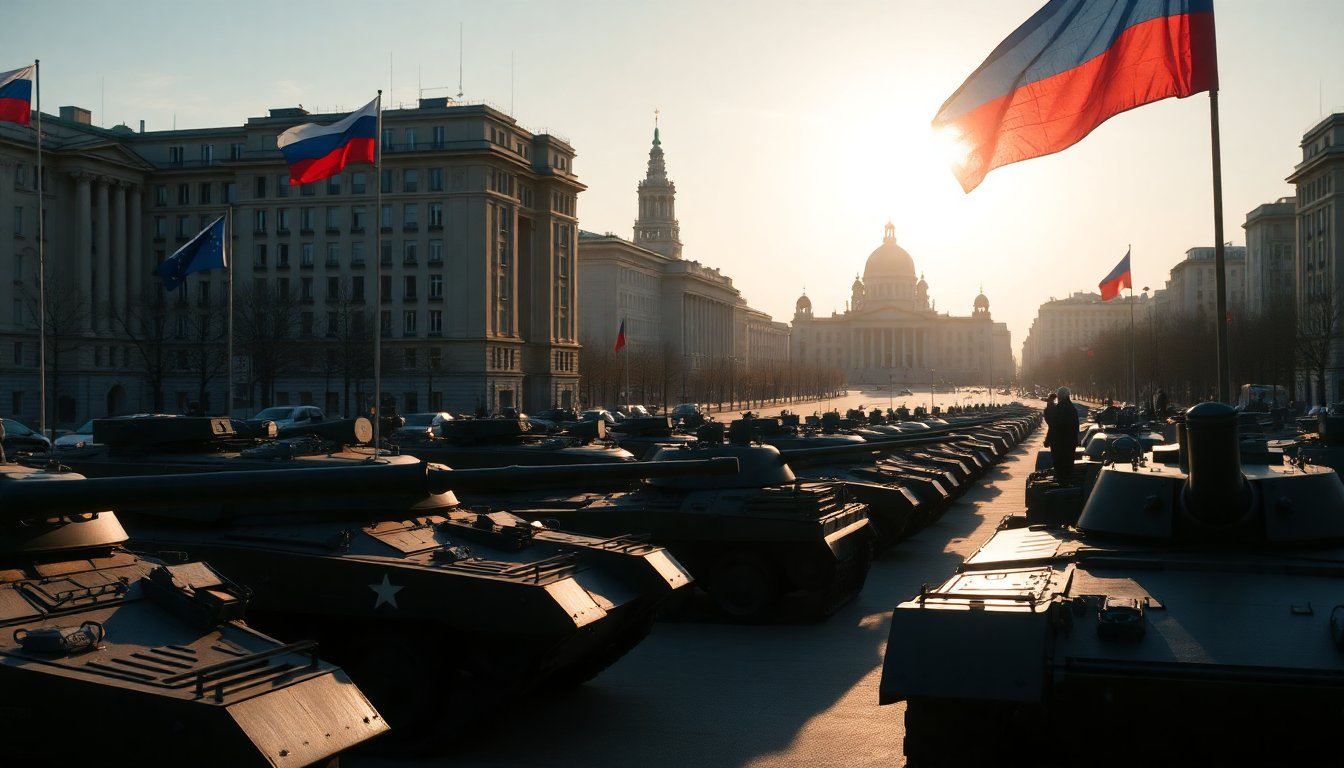Table of Contents
Significant events involving Russia’s armed forces, prisoners of war, and high-stakes diplomatic negotiations have captured global attention. This report examines key updates affecting the nation, including military actions, the treatment of detainees, and anticipated meetings between world leaders.
This analysis provides essential insights and summaries that clarify the complexities of Russia’s situation.
Military focus: Russia’s personnel and operations
The Russian military remains a central topic as reports reveal ongoing operations and the condition of its personnel. Recent investigations highlight the challenges faced by soldiers and their readiness amid evolving geopolitical tensions. Military readiness is crucial, impacting Russia’s ability to respond to external threats and maintain influence.
Conditions and challenges for soldiers
Reports indicate that many servicemen are facing difficult circumstances, raising concerns about morale and operational effectiveness. The term military readiness encompasses not just equipment and strategy, but also the mental and physical well-being of troops. Various sources suggest that these factors are critical in determining how prepared the military is to perform its duties.
Moreover, the issue of prisoners of war has emerged, with many soldiers captured during conflicts facing uncertain fates. Their situation serves as a poignant reminder of the human cost of warfare, prompting discussions about humane treatment and potential negotiations for their release.
The broader implications: Diplomatic relations and reparations
In the realm of international relations, Europe is addressing the topic of reparations for Ukraine, a matter closely tied to Russia’s military actions. The discussions surrounding reparations underscore the ongoing repercussions of the conflict and the financial responsibilities that may arise as nations seek to address the aftermath of military engagements.
Europe’s stance on reparations
European leaders are weighing the implications of reparations, considering the ethical and political dimensions of compensating Ukraine for its losses. This debate affects not only relations with Ukraine but also has the potential to reshape Russia’s standing within Europe. The complexities of these discussions illustrate the intricate web of alliances and tensions in the region.
With upcoming summits on the horizon, including a highly anticipated meeting between Donald Trump and Vladimir Putin, the diplomatic landscape may experience significant shifts. Observers are closely monitoring how these leaders will navigate their discussions, particularly in light of ongoing military and humanitarian crises.
Anticipating the Trump-Putin meeting
The forthcoming meeting between the two leaders is generating considerable interest, as it may influence the future trajectory of U.S.-Russia relations. The Trump-Putin summit carries high expectations, with many hoping for breakthroughs in dialogue surrounding various contentious issues.
As the world awaits this high-profile encounter, a sense of tension and anticipation prevails. Will the leaders address critical concerns related to military actions, prisoners, and reparations? The outcomes of such discussions could have lasting implications not only for Russia but also for the stability of the broader geopolitical landscape.
This analysis provides essential insights and summaries that clarify the complexities of Russia’s situation.0


